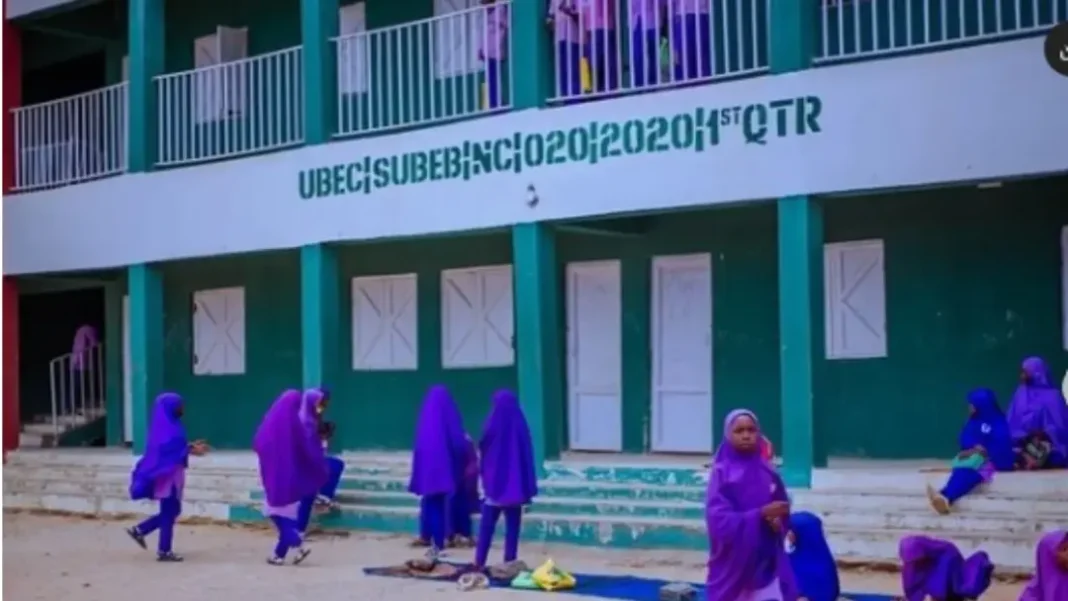Governor Bala Mohammed of Bauchi State has directed the immediate shutdown of all primary, secondary, and tertiary institutions, including both public and private schools, citing growing security concerns across the state.
The governor said the decision followed thorough consultations and a careful assessment of threats facing students, teachers, and school communities. He acknowledged the inconvenience the closure may cause but stressed that protecting children is a “moral responsibility” the government cannot compromise.

“Our children deserve to learn in a safe, stable, and fear-free environment,” Mohammed stated.
He added that the state government is collaborating closely with security agencies to address the threats and restore normal school activities as soon as it is safe.
The governor also urged parents, school owners, and community members to remain vigilant and cooperate with authorities. “If you see something, say something. Timely information is critical to safeguarding our communities,” he emphasized.

Bauchi now joins a growing list of states that have temporarily shut down schools due to security risks, including Plateau, Katsina, Yobe, Niger, Kebbi, Kwara, and Taraba.
The closures come amid a surge in attacks on schools, religious institutions, and security personnel, particularly in northern Nigeria, which comprises 19 of the country’s 36 states.

Recent incidents include the abduction of at least 25 schoolgirls and the killing of a staff member at Government Girls Comprehensive Secondary School in Maga, Kebbi State, on Monday. On Friday, gunmen stormed St. Mary’s Catholic School in Agwara, Niger State, abducting dozens of students and staff, with reports suggesting up to 300 children could be missing.

In Kwara State, an attack on a church in Eruku on Tuesday left at least two worshippers dead and several abducted; fortunately, the kidnapped victims were rescued on Sunday evening.
The closures raise questions about the impact on Nigeria’s education sector, with authorities weighing student safety against the disruption of learning.




